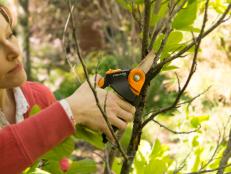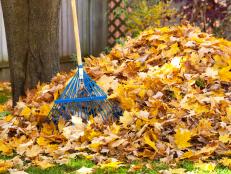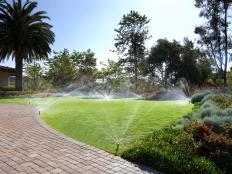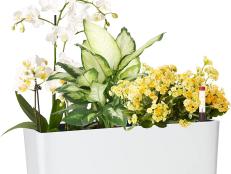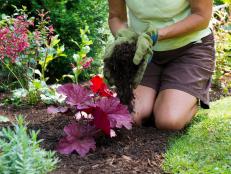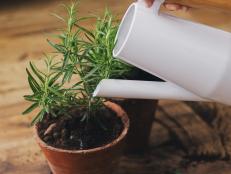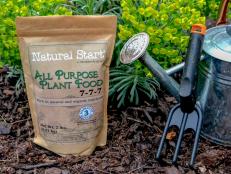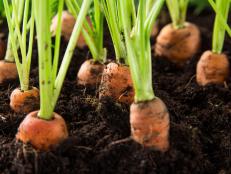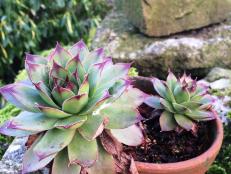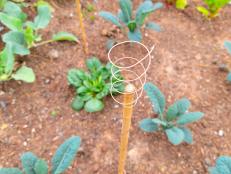Beneficial Insect: Braconid Wasps

Braconid wasps are small winged creatures, usually less than 1/2 inch long, that play a big role in controlling pests in your yard and garden. There's a lot of diversity in the group; depending on the species, braconid wasps attack every stage of an insect's life; some feed inside a host, others outside. In one type, the adult female braconid wasp lays eggs in a likely host. The eggs hatch and the larvae then eat their way out of the insect, where they form pupae (pictured at left) and wait to hatch into adults.
The parasitized hornworm may keep right on eating your vegetables while it dies a slow death. The advantage of allowing the pupae to hatch and the hornworm to die naturally? You're helping to build the next generation of braconid wasps. Your garden will thank you.
And one more piece of good news: braconid wasps don't sting.






